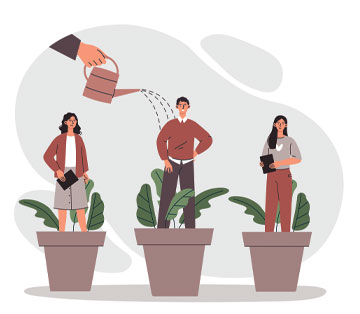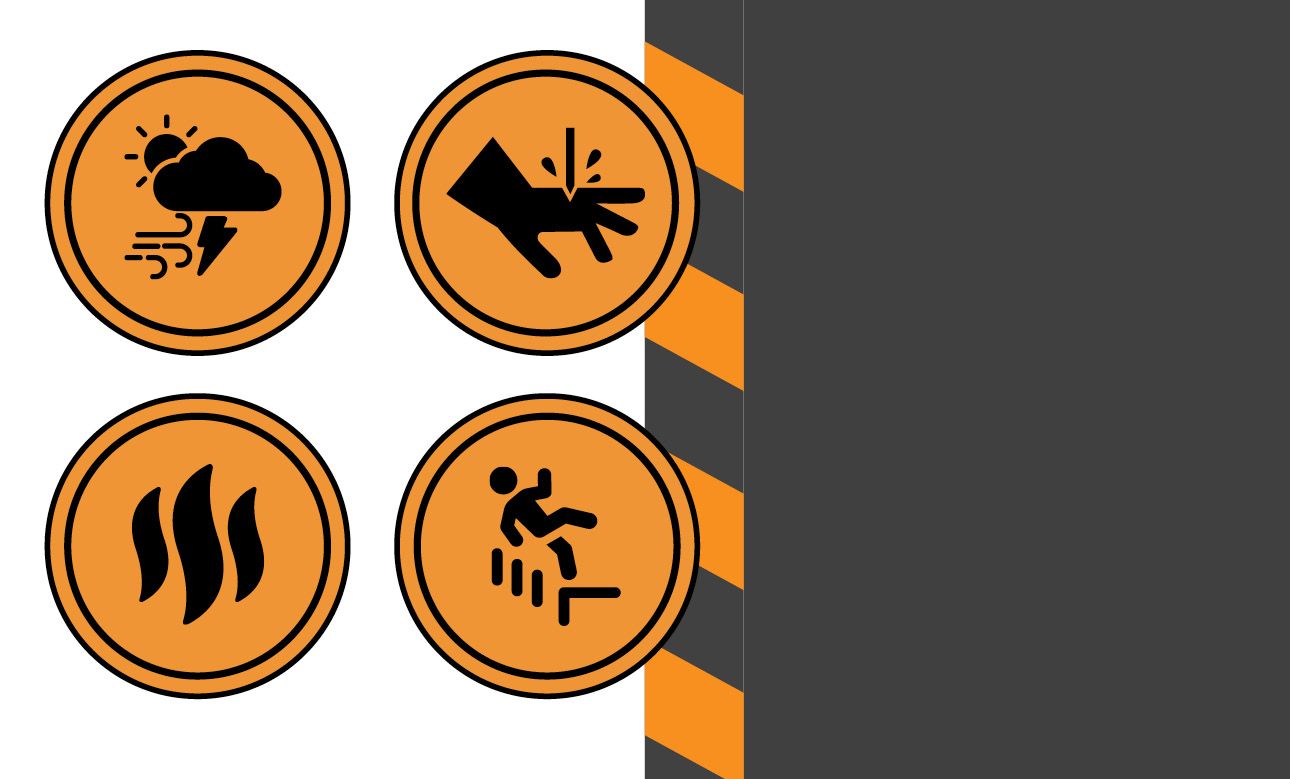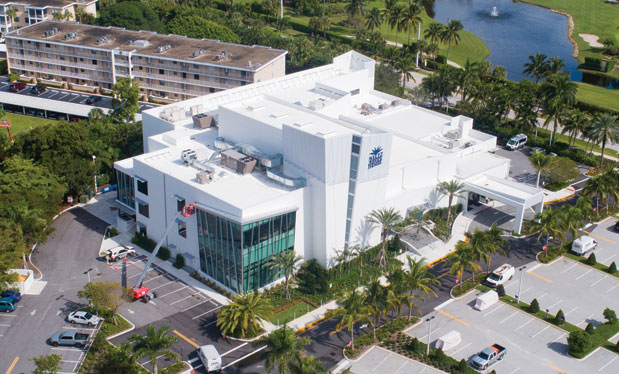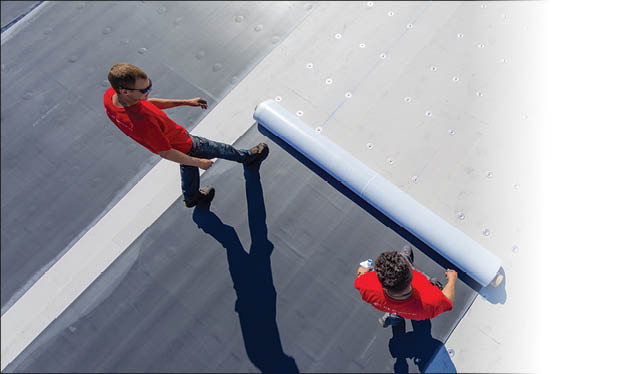
November is when we pause between football games to give thanks for what we have. And grateful we should be. By most indications, our industry has continued another quarter with solid levels of work, backlogs in place and normalized supply chains. Given the regional and multifaceted nature of the industry, there have been some pockets of softening or other issues, but they’ve largely stood as outliers.
But because there is uncertainty all around us, we naturally become nervous when we can’t see what is coming. Jerome Powell, chairman of the Federal Reserve and, in theory, the person who should know the economy’s status better than anyone else, recently described the current situation as: “We are navigating by the stars under cloudy skies.”
But I don’t want to dwell on cloudy skies; there are innumerable things to make us anxious, upset or worried on any number of topics! Instead, let’s revisit a time people weren’t just facing clouds but full-on metaphorical hurricanes.
On Jan. 6, 1941, President Franklin D. Roosevelt gave his State of the Union address, which became known as The Four Freedoms Speech. In his address, FDR said: “In the future days which we seek to make secure, we look forward to a world founded upon four essential human freedoms, some traditional and some new ones: freedom of speech, freedom of worship, freedom from want and freedom from fear.”
Later, just weeks after the attack on Pearl Harbor, an angry, scared nation faced a war it had tried to avoid, and the artist Norman Rockwell painted a series of paintings that came to be known as The Four Freedoms. He created them in response to FDR’s speech.
You’ve likely seen reproductions of the paintings in posters, ads, schoolbooks or pop culture references. One depicts the archetypical American Thanksgiving scene: a turkey and family gathered around the table. It was titled “Freedom from Want.”
Three others (“Freedom of Speech,” “Freedom of Worship” and “Freedom from Fear”) completed the series. The paintings ran as four consecutive Saturday Evening Post magazine covers, which, at the time, was the most popular U.S. magazine. The paintings went on a national tour to help sell war bonds and raised more than $130 million—impressive numbers in any generation let alone 80 years ago.
The paintings are widely regarded as Rockwell’s most famous though the images are sometimes accused of being trite, unrepresentative of reality or lacking depth. Some contemporary artists and groups have updated the images to reflect current issues, culture and demographics, but the core elements that made them so overwhelmingly popular remain: We should expect and provide essential standards for every person.
And everyone coming into the roofing industry should expect some universal, baseline standard of care. I’d argue they expect it and if they don’t get it, they’re moving on quickly. I have taken the liberty of adapting FDR’s and Rockwell’s freedoms to the roofing industry.
Freedom from want: Workers expect to earn a living that meets their financial needs. If workers have their financial needs met, they will give you a shot. Without this need being met, they will move on to someplace else. They also can’t want for growth or advancement and development. They want to improve and know their future possibilities, career paths and options.
Freedom of speech: Workers want to know they will be heard. A company is not a democracy; there may only be one shareholder, but there are stakeholders. And those stakeholders have ideas, suggestions, concerns and criticisms. Being open to hearing them and fostering a culture that allows people to speak up is vital to long-term success.
Freedom of worship: Religious liberty is a national concern, but within your company, this concept can be distilled to freedom to be oneself and freedom to be accepted. A worker expects and deserves the freedom to have his or her individual, familial or cultural uniqueness not only be tolerated but also welcomed. Embracing each person’s skills, character, personality and history is vital to attracting talent wherever it can be found. If you and your company admire and respect employees for who they are rather than for what they can produce, you won’t just have employees, you will have partners.
Freedom from fear: Fundamentally, your employees need to know they will go home safely each night and your company provides safe business and installation practices. Employees also want to be well-trained, well-equipped and well-regarded. To me, this is a capstone of the freedoms. Employees need to know they are not working in a toxic culture and can expect a workplace free from harassment and retribution if they point out a safety concern or make a mistake. As Mark Twain wrote: “Good decisions come from experience. Experience comes from making bad decisions.”
As you approach Thanksgiving, be grateful for the incredible fortune we all have. Because if you’re reading this, no matter your company size or your position in it, you’ve already won at life.
MCKAY DANIELS is NRCA’s CEO.
mdaniels@nrca.net



